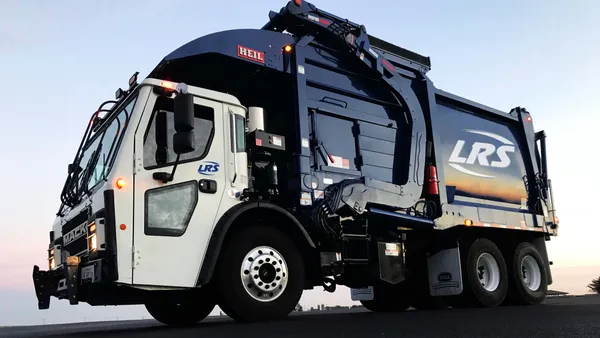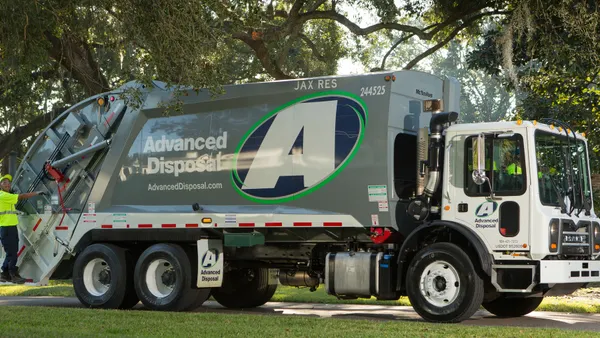Dive Brief:
- The city of Evanston, IL is asking residents how they think $1.2 million from a settlement with Advanced Disposal over a local transfer station should be spent, as reported by the Chicago Tribune.
- Officials had previously said that $500,000 should go into the city's general fund and the rest be used for local capital projects. Residents on a subcommittee of the city's Environment Board have said the money should be used for installing an air monitoring system and analyzing soil samples for heavy metals and asbestos near the Advanced facility.
- Residents have until Sep. 5 to complete a survey on the city's website which asks a range of detailed questions including how close they live to the transfer station, whether they've experienced any environmental effects from it and what specific projects the money should be used on.
Dive Insight:
The transfer station has been open since 1984, though residential complaints about odor and noise have increased since more housing was built near the facility. Advanced sued the city over actions it took during 2010 and 2011, including the requirement of a $2 per ton fee. Per the terms of a settlement reached earlier this year, Evanston is allowed to keep the approximately $1.2 million in fees paid since 2011.
City staff will use results from the survey in their recommendations to the Evanston City Council as it prepares next year's budget. As reported by the Chicago Tribune in February, a potential host community agreement between the city and Advanced could also begin in 2018. The city would charge 75 cents per ton and Advanced would be required to make site improvements and respond to complaints from local residents within 24 hours.
As seen recently with a transfer station in Kentucky and elsewhere around the country, companies often have to strike a delicate balance when operating in close proximity to residential areas. This compromise may not be ideal for either party but it helped avert what officials say would have likely been an even more expensive and drawn-out trial process.











